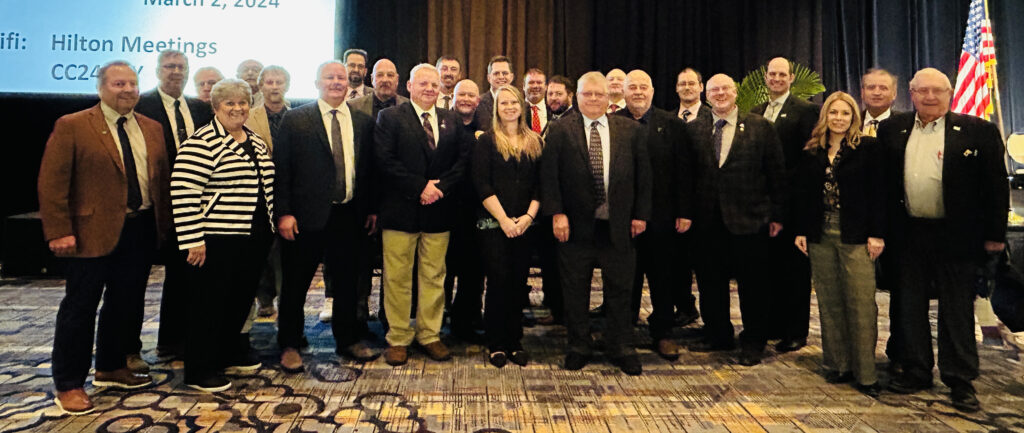Different day, same small refinery exemption (SRE) woes.
The nation’s more than half-million soybean growers are frustrated following a Supreme Court decision that overturns a 10th U.S. Circuit Court of Appeals ruling that found the Environmental Protection Agency had overstepped its authority in granting certain Renewable Fuel Standard (RFS) blending requirement exceptions to small refineries.
Now, those frustrated farmers are asking the Biden administration to step up and help.
Kevin Scott, soybean farmer from Valley Springs, S.D., and ASA president said, “This just means that the Biden administration needs to administer the RFS in a stable and predictable manner that achieves the biofuel-blending, greenhouse gas-reducing benefits that Congress intended when it passed the RFS.”
Increased use of biodiesel and other renewable diesels reduce greenhouse gas emissions by an average of 74% compared to petroleum diesel, providing a proven and immediately available method to take meaningful steps to address climate change. ASA urges the Biden administration to significantly increase renewable fuel obligations for 2021, 2022 and beyond.
“SREs should be issued to small refiners only when the economic viability of a refiner is threatened solely because of the RFS, and any gallons exempted can be spread out among others to ensure that biofuel blending targets truly are met,” Scott said.
The National Biodiesel Board also expressed dismay at the Supreme Court’s majority ruling on small refinery exemptions in the case HollyFrontier v RFA. In a divided opinion, the Court reversed one portion of a January 2020 US Court of Appeals for the 10th Circuit decision on these exemptions. The 10th Circuit decision still requires the Environmental Protection Agency to consider only whether the Renewable Fuel Standard itself causes “disproportionate economic harm” to a small refinery requesting exemption and to consider its own evidence that refineries recoup the costs of RFS compliance.
“The Supreme Court decision is dismaying because it leaves uncertainty about when EPA may offer exemptions to small refineries, NBB Vice President of Federal Affairs Kurt Kovarik said. “These exemptions harm biodiesel and renewable diesel producers when they reduce demand for advanced biofuels. EPA has provided multiple ways for refiners to meet the Clean Air Act’s RFS requirements, including an outsized bank of reserve RIN credits. The agency must issue the 2021 RFS rules as soon as possible and ensure that RFS volumes it sets are met, with full accounting for any small refinery exemptions in plans to grant.”
The U.S. biodiesel and renewable diesel industry supports 65,000 U.S. jobs and more than $17 billion in economic activity each year. Every 100 million gallons of production supports 3,200 jobs and $780 million in economic opportunity. Biodiesel production supports approximately 13% of the value of each U.S. bushel of soybeans.
Minnesota is a leader in biodiesel use, following the historic move in 2018 to B20 (20 percent biodiesel) during the summer months. Minnesota’s biodiesel industry accounts for more than 5,000 jobs , and contributes nearly $1.7 billion in state economic activities. It also adds at least 63 cents in value to every bushel of soybeans. Minnesota supports biodiesel plants in Albert Lea, Brewster and Isanti, which produce approximately 85 million gallons of the renewable fuel each year.
Sen. Tina Smith also criticized the SCOTUS ruling and said she’ll be imploring the Biden administration to protect the RFS.
“I want Minnesota’s rural communities, farmers, clean energy producers, and agribusinesses to thrive,” Sen. Smith said. “A strong Renewable Fuel Standard is key to jobs and economic development across rural America. I’m very disappointed by the Supreme Court’s decision — it’s the last thing farm country needs, especially since we were just seeing communities recover after taking successive blows from COVID-19, low commodity prices, trade disruptions and inclement weather. I’m going to urge the Biden Administration to champion a strong RFS for America’s farmers and biofuels industry.”







